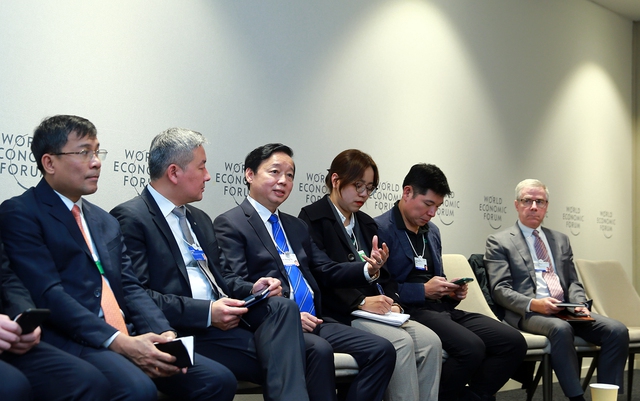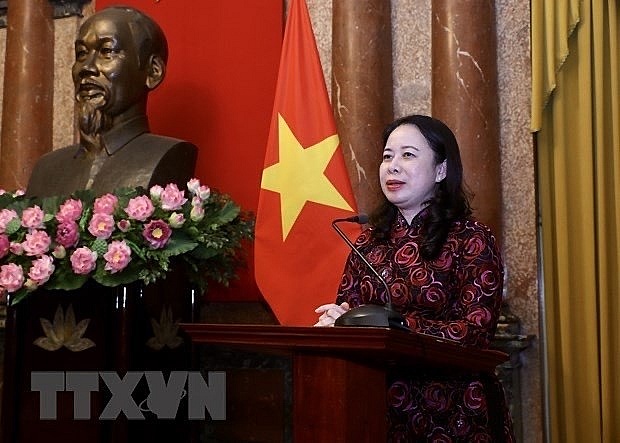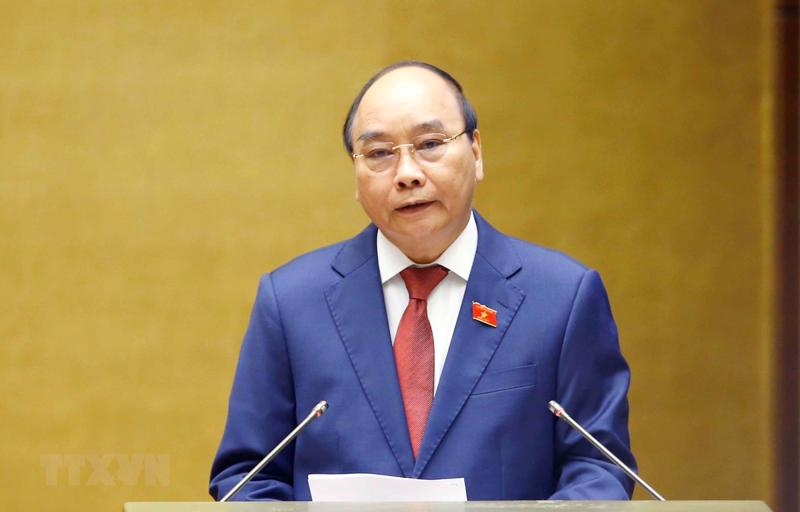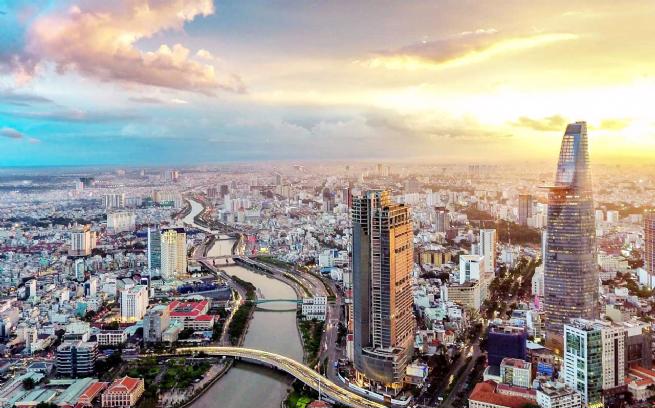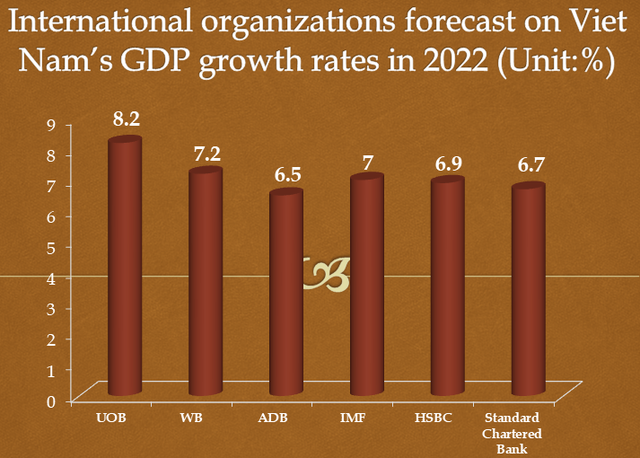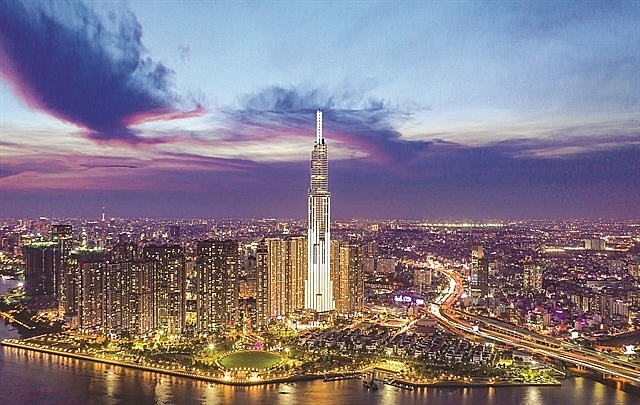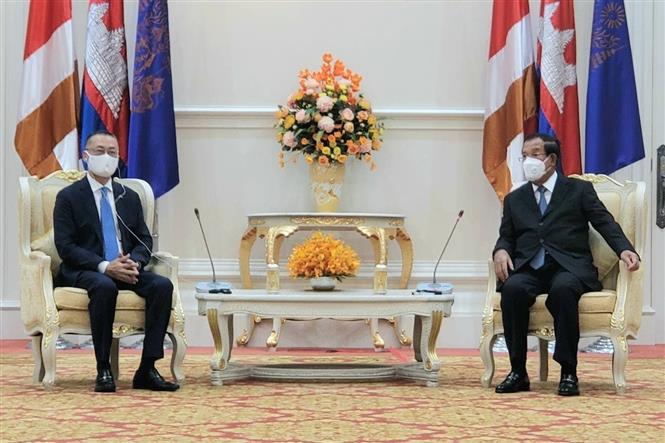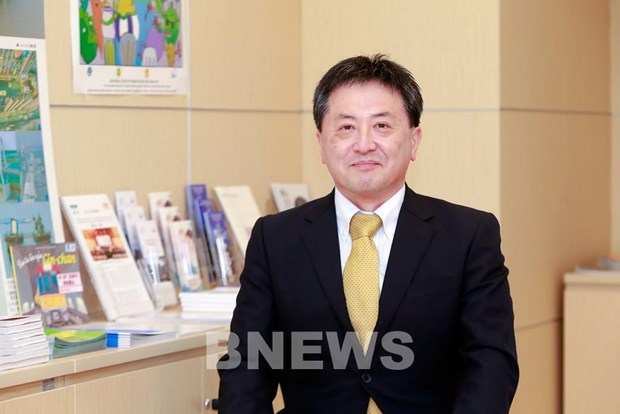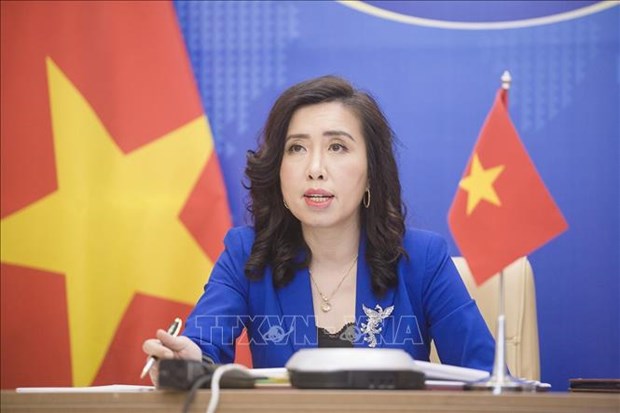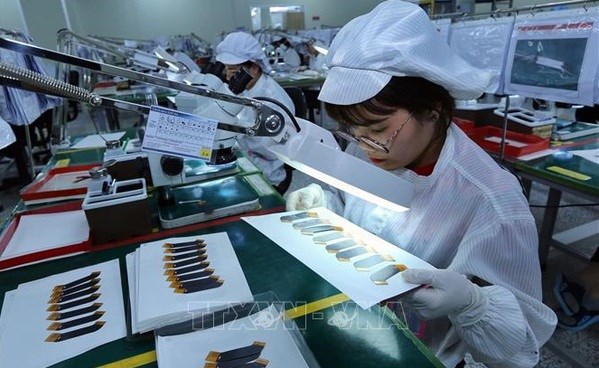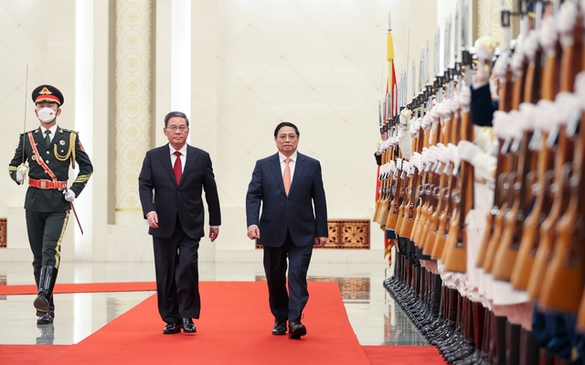Malaysia can forge further strategies with Vietnam
Malaysia established diplomatic relations with the Vietnam on March 30, 1973 and both countries elevated their bilateral cooperation by signing a strategic partnership in 2015. This year marks the 50th anniversary of diplomatic relations, in which Malaysia is looking forward to deepening mutual understanding, trust, and growing cooperation between the two nations.
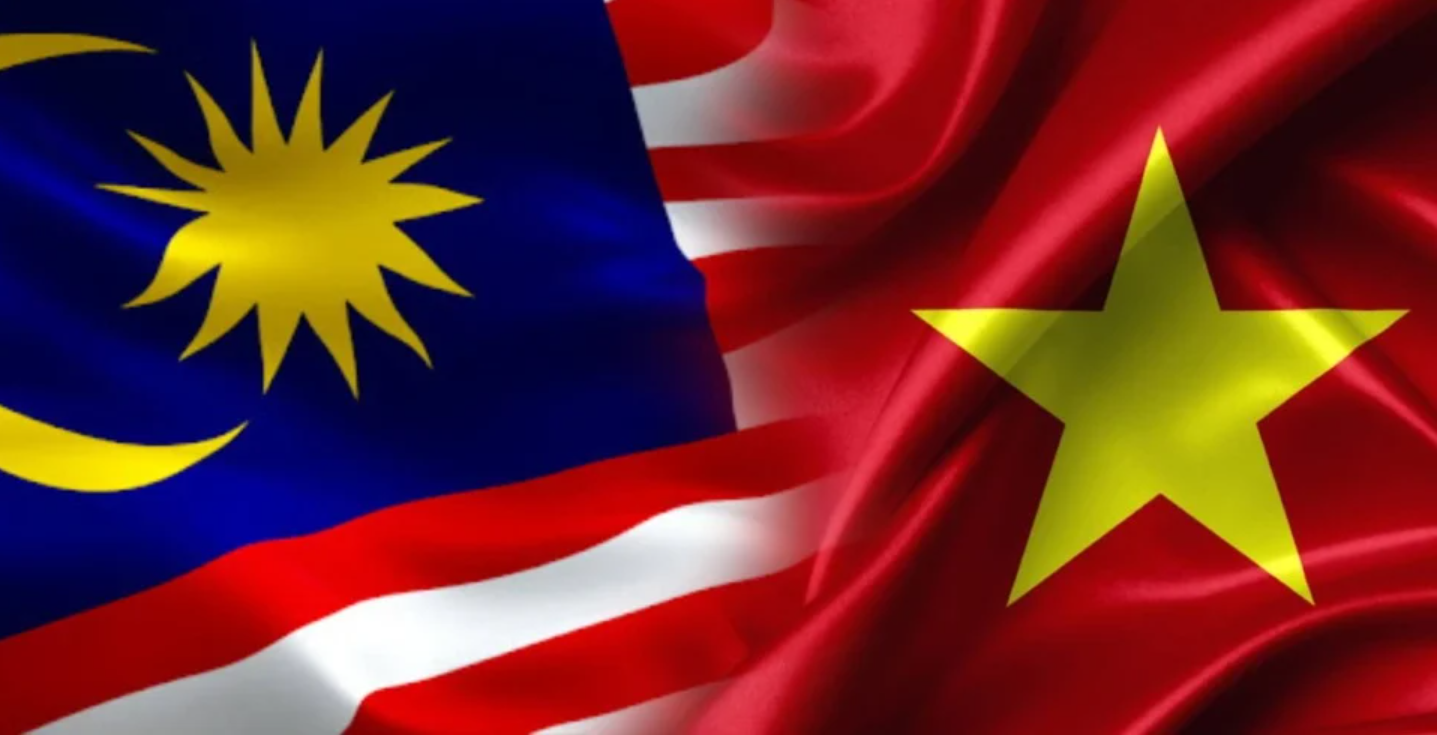
Despite global disruptions caused by the pandemic, the countries’ bilateral trade in 2022 continued upward and showed signs of positive recovery. Regarding economic relations, Malaysia remains Vietnam’s ninth-largest trading partner, 13th-largest export market, and 9th-largest import source.

Suhaili Ismail, Counsellor of Economic Affairs Malaysian Embassy to Vietnam
During the official visit to Vietnam in March 2022, Malaysia’s former prime minister made courtesy calls to all the country’s most senior leaders.
During the meeting with Prime Minister Pham Minh Chinh, both leaders agreed to increase exchanges of delegations at all levels, effectively promote bilateral cooperation, carry out the action plan of the 2021-2025 strategic partnership, expand people-to-people exchanges and prepare activities to celebrate 50 years of diplomatic ties in 2023.
Both leaders also highlighted the importance of strengthening our bilateral trade, striving towards the target of $18 billion by 2025, and having balanced trade.
Additionally, both countries agreed to explore ways to improve market access for key export products, including agriculture and aquaculture products, halal products, processed foods, and electronic products and components.
From January to November 2022, the total trade between Malaysia and Vietnam was valued at $17.85 billion, an increase of 18.4 per cent compared to last year. Malaysia’s export to Vietnam recorded a 12.3 per cent increase to $11.15 billion, while imports from Vietnam grew by 30.1 per cent from $5.15 billion to $6.70 billion.
In 2022, Vietnam was the 12th-largest trading partner for Malaysia. Within ASEAN, Vietnam was Malaysia’s fourth-largest trading partner after Singapore, Indonesia, and Thailand. Major exports to Vietnam in 2022 were electronic products, chemicals, petroleum products, metal and machinery, equipment, and parts. Major imports from Vietnam were electronic products, iron and steel, chemical products, textiles, apparel and footwear, and agriculture.
In the area of trade and investment, Malaysia expects to explore new areas to keep up with business and investment trends in Vietnam. Among potential areas identified are halal industry, education, food security, the automotive sector and energy.
Malaysia will also continue to embark on promotional activities in 2023 and intensify efforts to explore new investment opportunities between both sides.
In the first 11 months of 2022, Malaysia ranked third among the ASEAN nations – after Singapore and Thailand – and 14th among the 140 countries and territories investing in Vietnam, with 37 newly registered projects with the total investment capital of $184.8 million.
To expedite economic recovery post-pandemic, Malaysia is determined to attract high technology investments and intensive knowledge, skills, export, capital, and research and development.
At the same time, Malaysia is keen to work with Vietnamese companies in sectors such as information and communications technology services, renewable energy, education, creative industries, financial services, private healthcare services, tourism, retail, and halal services.
Vietnam has come a long way since joining ASEAN and is now one of the fastest-growing economies. Vietnam is part of two new-generation free trade agreements (FTAs) which have created some of the biggest markets and regional supply chains in the world. This demonstrates how Vietnam has evolved into an attractive trade and investment destination.
With Malaysia’s recent implementation of the Comprehensive and Progressive Agreement for Trans-Pacific Partnership (CPTPP), trade with Vietnam is expected to increase as it offers duty-free treatment for 88 per cent of Malaysian tariff lines to Vietnam, set to be 100 per cent by 2033.
For January to October, the General Department of Vietnam Customs’ data showed that Vietnam’s exports to CPTPP countries reached $45 billion, an increase of 22.1 per cent over the same period in 2021. Exports to partner countries in the Americas with trade deals with Vietnam, such as Canada, Peru, and Mexico, also experienced strong export growth.
Both countries are feeling the pinch caused by global geopolitical tensions and the pandemic. The volatility in the global economy has resulted in high inflation, soaring petrol prices, shortages in skilled labour, increased costs of doing business, and high property prices.
To navigate these challenges, the embassy of Malaysia is ready to assist the Malaysian business community in Vietnam and potential investors by exploring and leveraging existing and new opportunities under the Malaysian Technical Cooperation Programmes and Economic and Technical Cooperation Work Programme under the existing FTAs.
The embassy also plans to set up a roundtable discussion chapter and co-organise with the private sector to exchange policy updates and business trends and obtain feedback on challenges faced by business communities on the ground.
It is also ready to connect potential investors with relevant technical and government agencies to gain access to various capacity-building programmes, trade, investment and promotional activities, as well as business conferences and seminars.
Malaysia is also ready to extend our expertise in halal certification. We observe that Vietnamese businesses face challenges relating to issuing halal certificates, alongside a lack of information about the market, business culture and consumption patterns.
Other collaborations include creating better awareness and understanding of key relevant stakeholders and industry players on certification-related processes, trade policy and entry requirements through forums, dialogue and workshops to exchange experience and information, which may require participation from various Malaysian stakeholders.
In terms of government-to-government cooperation, we look forward to facilitating the signing of MoUs in potential areas identified in the Plan of Action for Vietnam-Malaysia Strategic Partnership 2021-2025.
At the same time, the embassy hopes to continue forging bilateral efforts in reducing non-technical barriers and non-tariff measures issues that may impede cross-border trade and hinder further opportunities for both sides. This could be done by establishing a one-stop centre for business advisory, joint thematic conferences, and a two-way dialogue by relevant agencies on the latest procedures to raise industry awareness.
Malaysia also plans to resume the fourth Joint Trade Committee Meeting at a mutually agreed date to take stock and review the progress of bilateral trade and discuss regional and global trade and economic issues of mutual interest.

